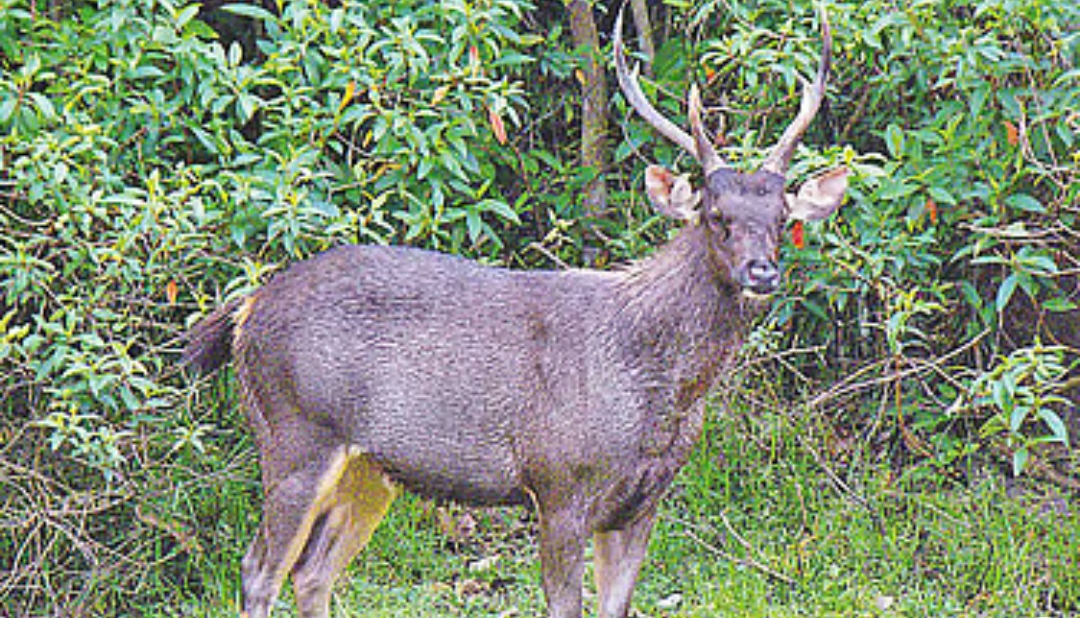Desk Report,
Letter from Bela to the government to take initiatives to protect the critically endangered samba deer
The Bangladesh Environmental Lawyers Association (BELA) has written to the Ministry of Environment, Forest and Climate Change to take measures to protect the sambar deer, which has been listed as critically endangered by the International Union for Conservation of Nature (IUCN).
Letter from Bela to the government to take initiatives to protect the critically endangered samba deer
In a press release sent to the media on Wednesday, BELA said this. In addition to taking necessary measures to protect the critically endangered animal, BELA called for bringing those involved in its trafficking under the law.
Citing the recent incidents of rescue and killing of several sambar deer, the letter said that the sambar deer was once a permanent resident of the hill forests. Now the animal survives in some isolated forests of the Chittagong Hill Tracts. The IUCN has listed the sambar deer as ‘endangered’ in the forests of Asia. However, it is on the list of ‘critically endangered’ animals in Bangladesh.
BELA believes that the existence of the sambar deer in the country is under threat mainly due to poaching and forest destruction. The press release said that this deer is large in size. There is a lot of demand for its skin in the country and abroad. For these reasons, the sambar deer has become one of the targets of poachers. In addition, deep forests are the natural habitat of the sambar deer. Due to continuous forest destruction, the animal is facing a habitat crisis. Bela says that on May 10, 2021, the Forest Department rescued a sambar deer cub from Lulangchhari village of Jurachhari in Rangamati. Later, it was transferred to Bangabandhu Safari Park. On March 7, 2024, a person hunted a sambar deer in Bhasanyadam, Langadur, Rangamati and slaughtered it for sale. The last time a sambar deer rescued from the Karnaphuli River in Kaptai Upazila died on June 27, 2025. In the letter, Bela wrote that sambar deer hunting has now become a regular occurrence.




